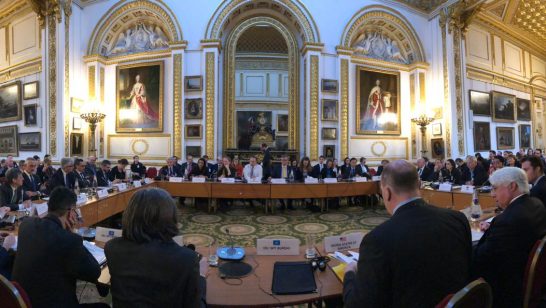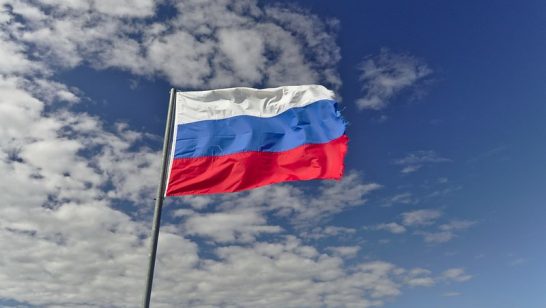Ahead of the NPT Review Conference, this series from the European Leadership Network explores expert national viewpoints from the five nuclear-weapon states. This comes in advance of the release of two major ELN research papers on the P5 Process.
Lessons from the London P5 Conference
In February, the ELN and King’s College London coordinated the civil society events at the London P5 Process meeting. Here the ELN’s Dr Maximilian Hoell and King’s College London’s Emily Enright argue that civil society engagement is key for success.
Swimming through a sea of troubles: Russia and the P5 Process
Moscow views a lack of tangible deliverables as a serious impediment to the effectiveness of the P5 process says Daria Selezneva, Research Associate at the Primakov National Research Institute of World Economy.
The P5 Process: The United States and the international security environment
Jamie Kwong, Marshall Scholar PhD student and Research Assistant at King’s College London, argues that the US engagement in the process looks distinct from that of other members as it is inextricably linked to its perception of the global security environment.
A path paved with thorns: How does China perceive and advance the P5 Process?
Beijing has re-started the P5 process after a break in formal conferences in 2017-2018 and has led on the glossary and Bangkok Treaty workstreams finds Luo Xi, Research Fellow at the China Arms Control and Disarmament Association (CACDA).
The P5 Process: The United Kingdom’s coordination in 2019-2020
During the UK’s tenure as coordinator, London has advanced the doctrines discussion and transparency-building efforts in spite of stark disagreements says Sebastian Brixey-Williams, co-Director of BASIC.
The P5 Process: a French perspective
Emmanuelle Maitre, Research Fellow at the Fondation pour la Recherche Stratégique, argues that France’s priorities for the P5 process are moving forward the deliberations on the Fissile Material Cut-Off Treaty (FMCT) and strategic risk reduction.
The opinions articulated above represent the views of the author(s) and do not necessarily reflect the position of the European Leadership Network or any of its members. The ELN’s aim is to encourage debates that will help develop Europe’s capacity to address the pressing foreign, defence, and security policy challenges of our time.



